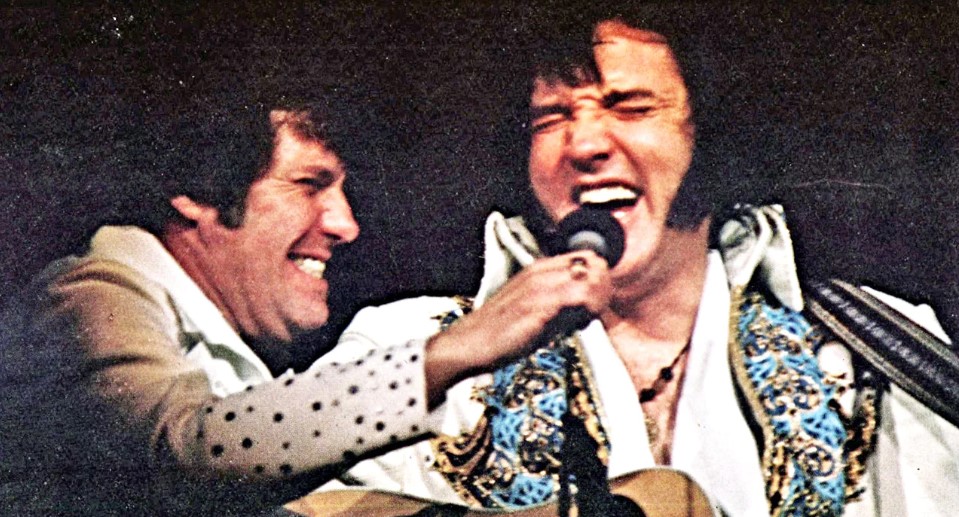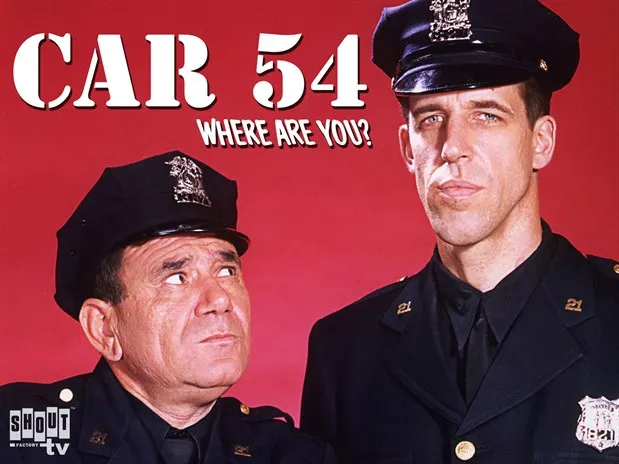In the realm of classic American comedies, "Planes, Trains & Automobiles" (1987) stands as a shining example of humor, heart, and the enduring power of friendship. Directed by John Hughes and starring the dynamic duo of Steve Martin and John Candy, this film has etched itself into the annals of cinematic history. With a blend of slapstick humor, heartfelt moments, and unforgettable performances, "Planes, Trains & Automobiles" is a true gem that continues to charm audiences nearly four decades after its release. In this article, we will explore the enduring appeal and timeless humor of this beloved film.
(Watch the video below)

Plot Synopsis

"Planes, Trains & Automobiles" revolves around a simple premise: the trials and tribulations of trying to get home for Thanksgiving. The story begins with Neal Page, played by Steve Martin, a workaholic marketing executive who is desperate to return to his family in Chicago for the holiday. His plans, however, are thrown into disarray when he crosses paths with Del Griffith, played by John Candy, a bumbling but well-meaning shower curtain ring salesman.
The film takes us on a wild journey as Neal and Del find themselves constantly thrown together, whether they like it or not. From planes that get diverted to trains that break down to automobiles that catch fire, the duo encounters one disaster after another. The comedy in the film arises from their clashing personalities – Neal is uptight and easily frustrated, while Del is an irrepressible optimist with a talent for turning every situation into an opportunity for camaraderie.

As they embark on their chaotic odyssey, Neal and Del's initially abrasive relationship begins to evolve into something deeper. This transformation is the emotional heart of the film, as their differences lead to mutual understanding, friendship, and ultimately, a touching revelation that brings them closer than ever.
Character Dynamics

One of the film's greatest strengths lies in its character dynamics. Steve Martin and John Candy deliver extraordinary performances that showcase their comedic prowess as well as their dramatic depth.
Steve Martin's Neal Page is a quintessential '80s character: a sharp, sophisticated businessman who values punctuality and efficiency above all else. Martin's impeccable timing and deadpan delivery make Neal's moments of exasperation and anger genuinely hilarious. Yet, as the film progresses, Martin also reveals Neal's vulnerability and loneliness, making him a relatable and sympathetic character.

John Candy's Del Griffith is the perfect foil to Neal. He is warm, talkative, and endlessly affable. Candy's performance is both heartwarming and uproarious. Del's boundless optimism and seemingly inexhaustible supply of anecdotes provide a steady stream of laughter throughout the film. However, Candy also shows Del's insecurities and sadness beneath his jovial exterior, adding depth to the character.
The chemistry between Martin and Candy is electric. Their contrasting personalities create a comedic tension that drives the film's humor, and their growing friendship provides its emotional core. It's a testament to their talent that they can make the audience both laugh and cry within the same scene.
Behind the Scenes
"Planes, Trains & Automobiles" was directed by John Hughes, a filmmaker known for his ability to capture the essence of American life in the 1980s. Hughes was a master of the coming-of-age genre with films like "The Breakfast Club" and "Ferris Bueller's Day Off." However, "Planes, Trains & Automobiles" allowed him to explore a different facet of storytelling – the odd-couple road trip comedy.
Hughes' direction in this film is deft and nuanced. He balances the broad humor of the mishaps that befall Neal and Del with moments of genuine emotion. Hughes also had a talent for creating memorable, relatable characters, and he gave his actors the freedom to improvise, resulting in some of the film's most iconic scenes.

The screenplay, also written by John Hughes, showcases his ability to blend humor and heart. The dialogue crackles with wit, and the pacing keeps the audience engaged from start to finish. Hughes' script is a masterclass in comedic storytelling, and it remains a blueprint for filmmakers in the genre.
The film's memorable soundtrack, featuring songs like "Mess Around" by Ray Charles and "Everytime You Go Away" by Paul Young, enhances the viewing experience and contributes to the film's enduring appeal.
Cultural Impact

"Planes, Trains & Automobiles" has left an indelible mark on popular culture. Its enduring popularity is a testament to its universal themes of friendship and the importance of human connection, which resonate with audiences across generations.
One of the film's most famous scenes involves Neal's profanity-laden tirade at a car rental desk. This moment has become iconic, and Steve Martin's comedic genius in this scene is often cited as one of the film's highlights. The scene has been parodied and referenced in countless other films and television shows, cementing its place in comedic history.

The film's title itself has become a part of the cultural lexicon, often used to describe arduous journeys or travel mishaps. This is a testament to the film's impact on the collective imagination.
Legacy and Endurance

"Planes, Trains & Automobiles" is more than just a comedy; it's a heartfelt exploration of the human experience. Beneath the slapstick humor and outrageous situations lies a story about two individuals who, despite their differences, learn to appreciate each other's humanity. This enduring message is what continues to draw audiences to the film.
Tragically, John Candy, who delivered a career-defining performance in this film, passed away in 1994 at the age of 43. His role as Del Griffith remains one of his most beloved, and the film stands as a testament to his immense talent and charisma. Steve Martin, who is still active in the entertainment industry, frequently acknowledges the film's importance in his career.

In recent years, there have been discussions about the possibility of a remake or a sequel to "Planes, Trains & Automobiles." While some are apprehensive about tampering with a beloved classic, others are excited about the prospect of introducing a new generation to the timeless story of friendship and the challenges of travel.
Conclusion
"Planes, Trains & Automobiles" is a cinematic masterpiece that seamlessly blends humor and heart. Its enduring popularity is a testament to the brilliance of John Hughes' direction, the outstanding performances of Steve Martin and John Candy, and its universal themes of friendship and the importance of human connection. This film has become a cultural touchstone, with its iconic scenes and memorable quotes continuing to resonate with audiences of all ages. As we revisit the hilarious and heartwarming journey of Neal and Del, we are reminded that, in the end, the bonds of friendship and understanding are worth any amount of chaos, mishaps, or detours along the way.



